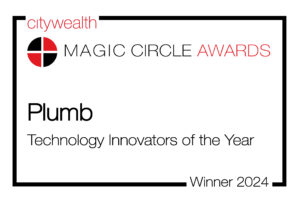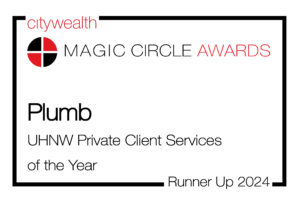A common misconception about affluent people is that they don’t worry about their expenses. On the contrary, not only do they worry about the entirety of their financial picture – costs and spending included – but many of them like to be intimately involved with the management and strategy surrounding their wealth. Perhaps most importantly, these clients need to feel that they can trust the people they work with to provide not only accurate and timely information, but also the security and confidentiality they require.
Nobody likes surprises when it comes to expenses, and high-net-worth individuals are no exception. These clients want to understand the pricing of services upfront. Providers will lose a lot of trust and credibility if they hide fees or sneak in any “gotcha” charges.
When reviewing pricing – and the value of the services you provide – with high-net-worth clients, it is crucial to be straightforward and open about any costs they might incur.
Here we list the top 5 reasons why pricing transparency matters to HNWI clients – and why it should matter to you.
Reason #1: Confidence
Pricing transparency helps build trust and confidence in the client and outsourced provider relationship by demonstrating openness and honesty. When clients understand what they are paying for and why, they are more likely to have faith in their advisors. This in turn can pave the way for a long and successful working relationship.
Reason #2: Clarity
Clarity is a vital aspect of any type of communication and with any relationship – especially one in which you are trying to build trust. When well-defined and transparent pricing information is provided, your clients (or prospective clients) will have a clear understanding of your costs so that they can better evaluate your services. There should be no hidden fees or surprises. When the cost of the services you charge for is clear, you help to eliminate any misunderstandings while strengthening your relationship with your clients.
Reason #3: Comparison
Part of evaluating any new service involves speaking with different providers and gaining an understanding of who they are, what they provide, and what value they offer. Without knowing precisely the cost of these services, it is impossible to compare the different options accurately. Additionally, providing context around industry standards and benchmarks related to your costs can be tremendously helpful. (Even if your costs are higher than the industry standard – this is your opportunity to explain why you charge a premium.)
Reason #4: Conflict {Avoidance}
Transparency in pricing can help mitigate conflicts of interest in the wealth management industry. When clients know how their advisors and service providers are compensated, they can better assess whether any recommendations are driven by their best interests and not by financial incentives. When advisors and service providers are transparent in their costs it can reduce the likelihood of any recommendations that benefit them more than their clients. It also brings peace of mind to the client knowing that their best interests are the only elements factored into proposals and suggestions.
Reason #5: Loyal Clients
Proving clear, transparent, and easily understood pricing to high-net-worth clients also contributes to the stability and longevity of these relationships. When clients feel that they are treated fairly and that their advisors and service providers are upfront about costs, they are more likely to remain loyal clients and refer their peers. (And who doesn’t love a solid referral?)
At the end of the day, high-net-worth clients would like to understand exactly what services will be provided and exactly what the cost will be. Being upfront and providing clarity in costs will help to establish a strong foundation of trust for a long-term, successful relationship.
Get the Financial Clarity and High-Touch Support You Need: Contact us at sales@thinkplumb.com to explore how Plumb’s expertise can elevate your bill pay and accounting experience. Let us tailor solutions to meet your unique financial goals, providing the clarity and specialized attention your wealth deserves.







